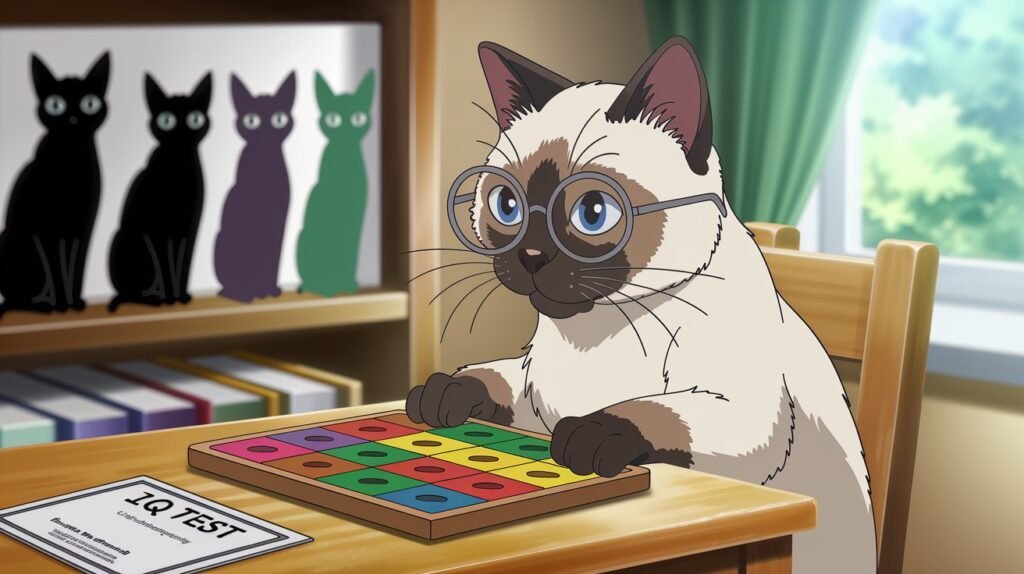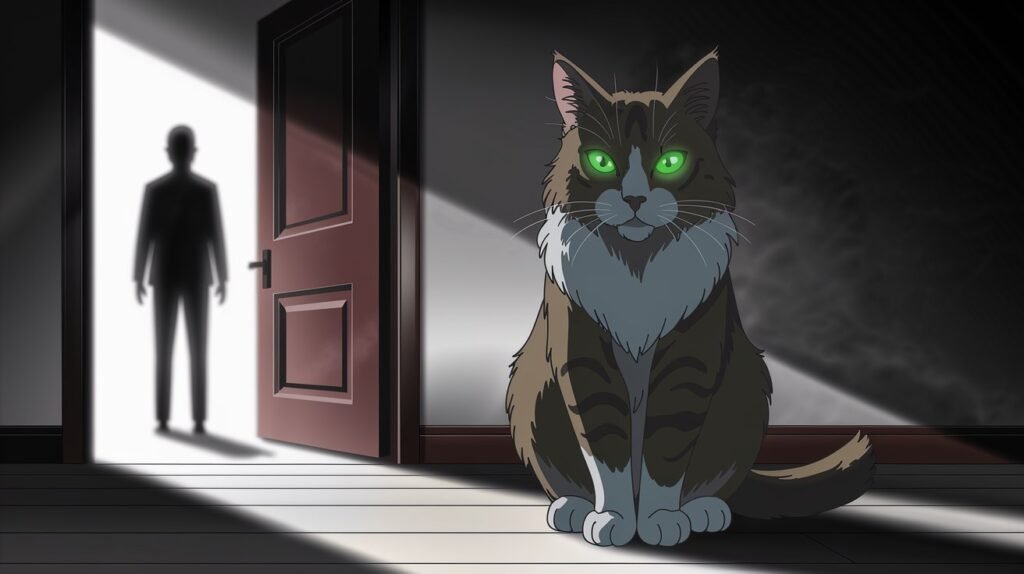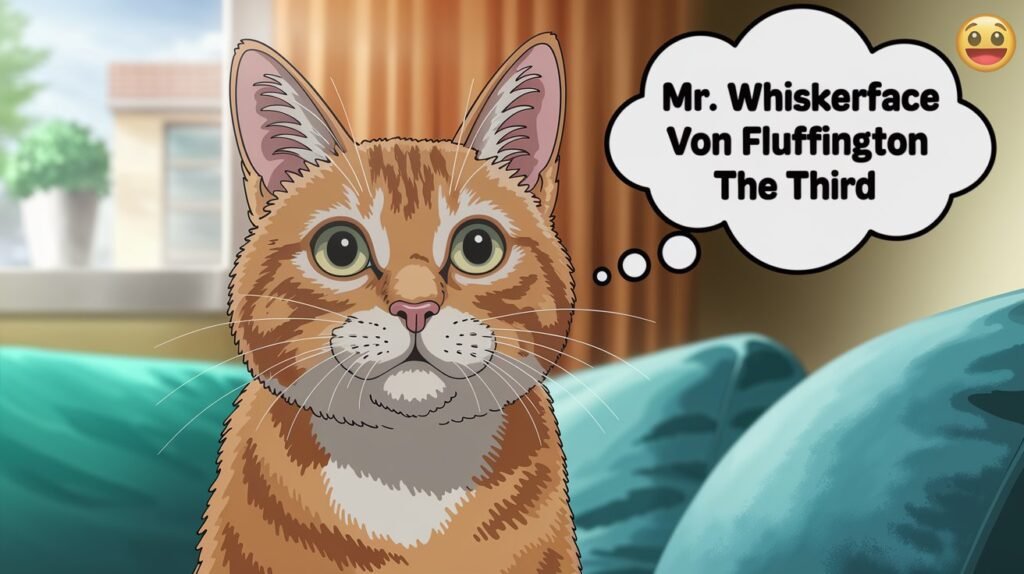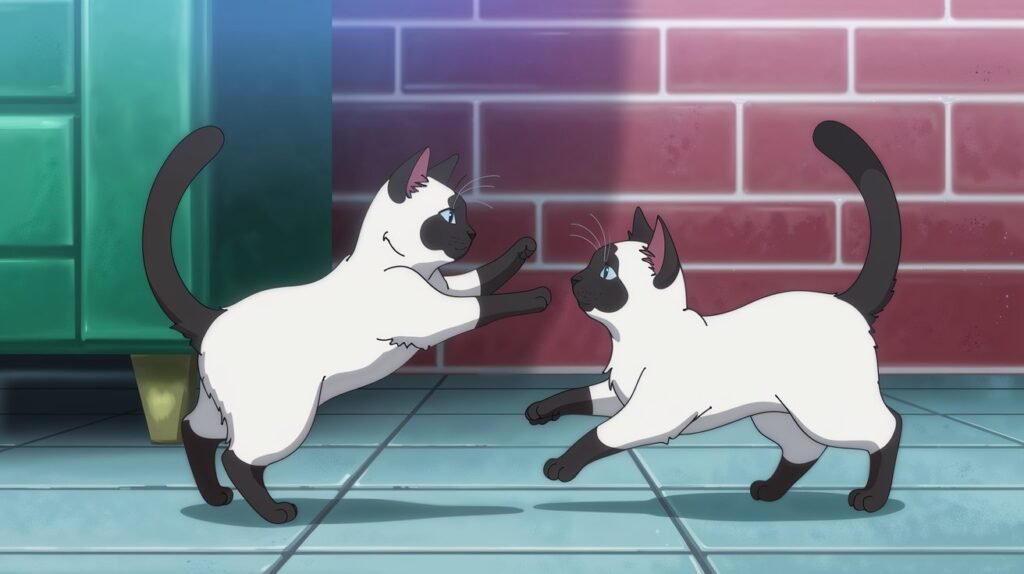When we think of intelligent pets, dogs often steal the spotlight. But cat lovers know the truth—our feline friends possess remarkable cognitive abilities that often go unrecognized. From problem-solving prowess to emotional intelligence, certain cat breeds consistently demonstrate exceptional smarts that rival their canine counterparts.
If you’re looking for a mentally stimulating companion or simply curious about which breeds might be plotting world domination from your living room, here’s our countdown of the five most intellectually gifted cat breeds.
1. Siamese: The Communicative Genius
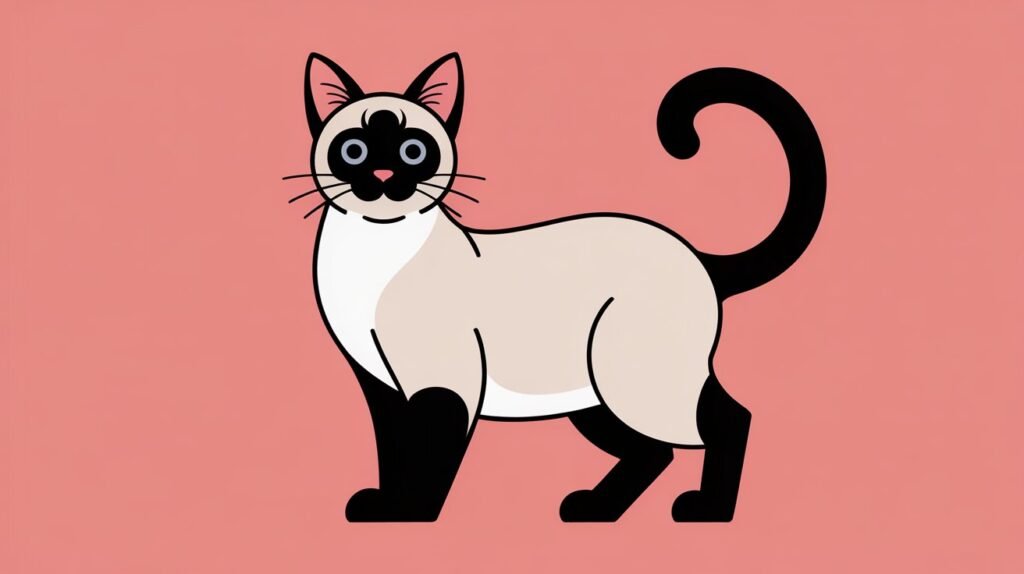
Siamese cats aren’t just striking with their distinctive color points and piercing blue eyes—they’re the masterful communicators of the cat world. Originally from Thailand (formerly Siam), these vocal virtuosos have been charming humans for centuries with their intelligence.
Why They’re Brilliant:
- Vocal Range: Siamese cats have developed an extensive “vocabulary” of sounds to communicate specific needs and desires to their humans.
- Social Intelligence: They form strong bonds with their people and can read human emotions with uncanny accuracy.
- Trainability: Siamese cats can learn commands and tricks that would make many dogs jealous, from fetching to walking on a leash.
- Problem-Solving: They’re known for figuring out how to open doors, cabinets, and even refrigerators when motivated.
Mental Stimulation Tips: Siamese cats thrive with interactive play sessions, puzzle toys, and regular conversation. Yes, conversation—they expect you to hold up your end of the dialogue! Without adequate mental stimulation, these brilliant cats may channel their intelligence into mischief.
Famous Siamese: The iconic Siamese cats from Disney’s “Lady and the Tramp” may have given the breed a mischievous reputation, but real-life Siamese cats like Siam, the companion to President Rutherford B. Hayes, have shown their sophisticated intelligence throughout history.
2. Maine Coon: The Gentle Problem-Solver
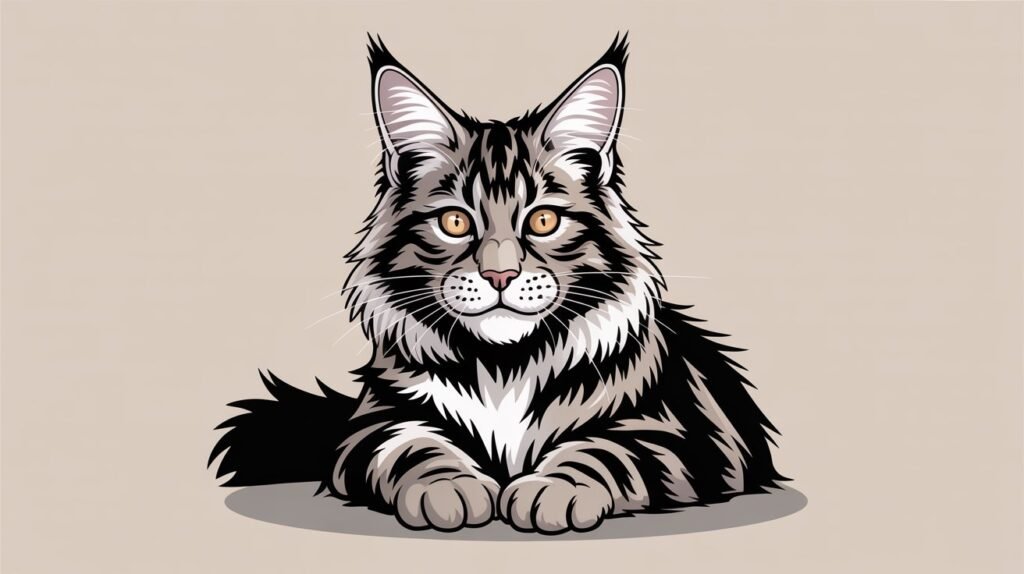
Don’t let their massive size fool you—Maine Coons combine brawn with brains. These native American longhaired cats evolved to survive harsh New England winters, developing intelligence that serves them well as beloved companions.
Why They’re Brilliant:
- Adaptive Intelligence: Maine Coons excel at figuring out solutions to challenges in their environment.
- Retrieval Skills: Many Maine Coons naturally play fetch, understanding the concept of bringing toys back to continue the game.
- Water Fascination: Unlike most cats, Maine Coons often enjoy water and can learn to turn on faucets—demonstrating both their dexterity and understanding of cause and effect.
- Emotional Intelligence: They’re known for their empathetic nature, often checking on family members who are sick or upset.
Mental Stimulation Tips: Maine Coons benefit from puzzle feeders, interactive toys, and games that challenge their problem-solving abilities. Their large size means they need plenty of physical activity to complement their mental exercises.
Famous Maine Coons: Cosey, the Maine Coon who won Best in Show at the first cat show held in Madison Square Garden in 1895, helped establish the breed’s reputation for exceptional intelligence combined with striking good looks.
3. Abyssinian: The Curious Explorer
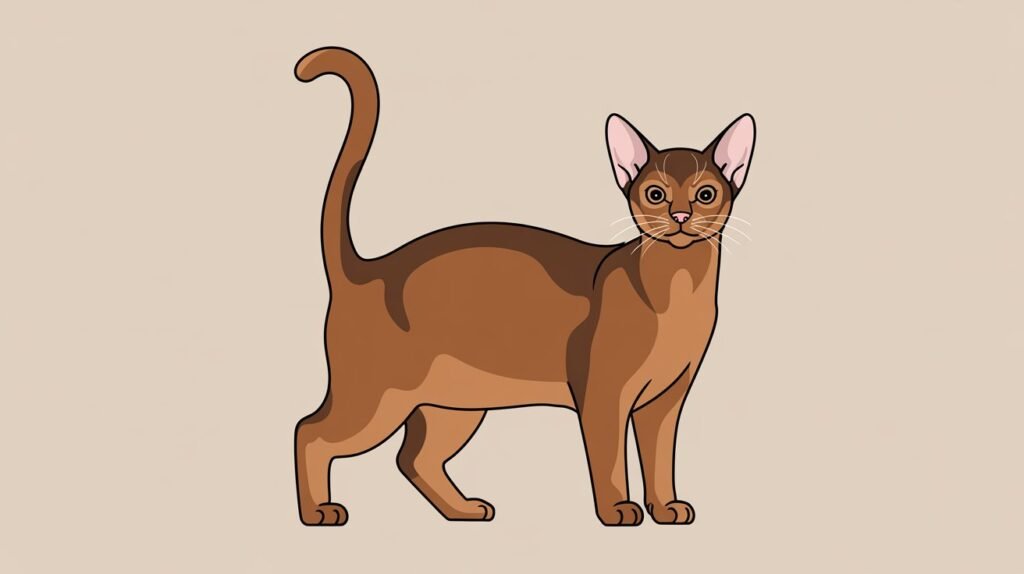
With a lineage potentially dating back to ancient Egypt, Abyssinians are among the oldest domesticated cat breeds—and they’ve had plenty of time to develop their impressive cognitive abilities. These sleek, ticked-coat felines combine athletic prowess with keen intelligence.
Why They’re Brilliant:
- Intense Curiosity: Abyssinians investigate everything in their environment with methodical thoroughness.
- Memory: They remember solutions to puzzles and challenges long after learning them.
- Adaptability: These cats quickly adjust to new situations and environments, showing remarkable flexibility in thinking.
- Learning Speed: Abyssinians master new skills faster than many other breeds, quickly figuring out how toys work or where treats are hidden.
Mental Stimulation Tips: Provide Abyssinians with rotating toys, climbing opportunities, and puzzle boxes. Their curious nature means they’ll appreciate novel objects and experiences. Consider clicker training to give their active minds a challenge.
Fun Fact: The Abyssinian’s natural intelligence makes them excellent therapy cats, as they can learn to respond appropriately to different people and situations with minimal training.
4. Bengal: The Wild Intellectual
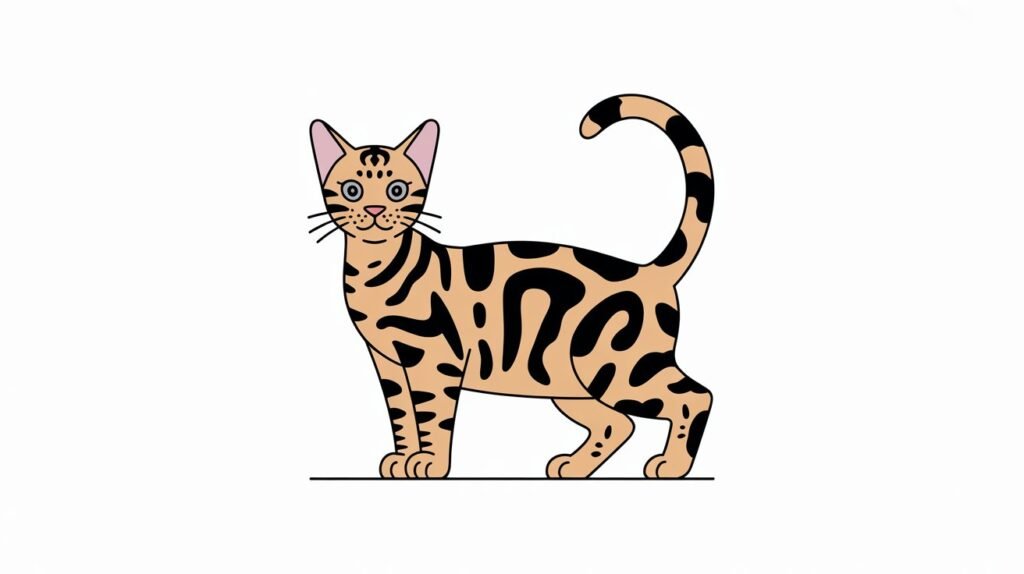
With their wild ancestry (Asian leopard cat meets domestic cat), Bengals bring jungle smarts to your living room. Their striking spotted or marbled coats hint at their exotic heritage, but it’s their problem-solving abilities that truly set them apart.
Why They’re Brilliant:
- Strategic Thinking: Bengals plan multi-step actions to achieve goals—whether that’s retrieving a toy from under furniture or figuring out how to access a closed room.
- Pattern Recognition: These cats quickly identify patterns in their environment and in human behavior.
- Mechanical Aptitude: Bengals have been known to figure out door handles, light switches, and even simple latches.
- Environmental Awareness: They maintain detailed mental maps of their territory and notice even small changes.
Mental Stimulation Tips: Bengals need considerable mental challenges to stay happy. Provide puzzle toys that dispense treats, create treasure hunts around your home, or teach them to walk on a leash for safe outdoor exploration. Without adequate stimulation, their intelligence can lead to destructive behaviors.
Notable Bengal Achievement: Some Bengals have been trained to use modified toilets instead of litter boxes, demonstrating their ability to learn complex behaviors when properly motivated.
5. Scottish Fold: The Thoughtful Strategist
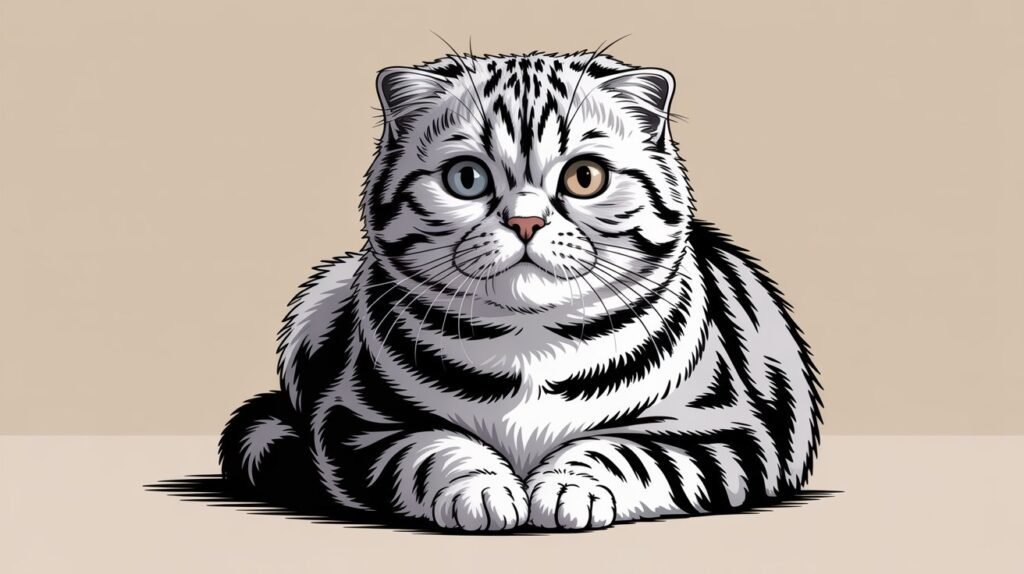
Instantly recognizable by their folded ears (caused by a natural dominant gene mutation), Scottish Folds combine adorable looks with impressive brainpower. These cats originated in Scotland in the 1960s and have been charming humans with their intelligence ever since.
Why They’re Brilliant:
- Observational Learning: Scottish Folds are masters at watching and learning from both humans and other pets.
- Routine Intelligence: They quickly understand and remember household schedules and routines.
- Problem Analysis: These cats will study a challenge before attempting a solution, showing remarkable patience.
- Adaptability: Scottish Folds adjust well to new environments and situations, demonstrating cognitive flexibility.
Mental Stimulation Tips: Scottish Folds appreciate interactive toys, games that require strategy, and learning household routines. Their somewhat laid-back nature (compared to Bengals or Abyssinians) means they may prefer thoughtful challenges over high-energy activities.
Interesting Note: Due to their unusual ear structure, Scottish Folds tend to be especially attentive to sounds, which may contribute to their ability to learn verbal commands.
Test Your Cat’s Intelligence: The Feline IQ Challenge
Curious about your own cat’s cognitive abilities? Try these simple tests to gauge your kitty’s brainpower:
1. The Cup Test
Materials needed: Three opaque cups and a small treat
Setup: While your cat watches, place a treat under one cup, then shuffle the cups around.
What it measures: Tracking ability and object permanence
Scoring: If your cat goes straight to the correct cup, they show high intelligence in visual tracking and memory.
2. The Puzzle Box
Materials needed: A favorite treat and a simple container with a lid
Setup: Show your cat the treat, then place it in the container and partially close the lid.
What it measures: Problem-solving ability
Scoring: Timing how quickly your cat figures out how to access the treat indicates their problem-solving intelligence.
3. The Name Game
Materials needed: Just your voice
Setup: Consistently use your cat’s name before positive experiences (meals, treats, play).
What it measures: Associative learning
Scoring: A cat that consistently responds to their name from different rooms or positions demonstrates strong associative intelligence.
4. The New Thing Test
Materials needed: An unfamiliar object (not scary or dangerous)
Setup: Place the new object in your cat’s environment.
What it measures: Adaptability and curiosity
Scoring: Cats who cautiously but thoroughly investigate new objects (rather than hiding or ignoring them) show exploratory intelligence.
Beyond Breeds: Nurturing Your Cat’s Intelligence
While genetics play a role in feline intelligence, environment and interaction are equally important. Here’s how to help any cat reach their full cognitive potential:
- Regular Play: Interactive play sessions stimulate problem-solving and hunting instincts.
- Novel Experiences: Introduce new toys, rearrange furniture occasionally, or create cardboard tunnels and boxes to explore.
- Training Sessions: Short, positive training sessions can teach cats tricks and commands while building your bond.
- Enriched Environment: Provide climbing opportunities, window perches, and rotating toys to create mental stimulation.
- Social Interaction: Talk to your cat, introduce them to new people (if they enjoy socializing), and spend quality time together.
Remember that intelligence in cats, as in humans, comes in many forms. Your cat might not be a puzzle master but could show remarkable emotional intelligence or communication skills.
The most important factor in developing your cat’s cognitive abilities is the bond you share—cats who feel secure and stimulated are more likely to demonstrate their full intellectual potential.
So whether you have one of these brainy breeds or a brilliant mixed-breed cat, celebrate your feline’s unique form of intelligence.
After all, any cat smart enough to train their human to provide food, shelter, and affection on demand is clearly no intellectual lightweight.

